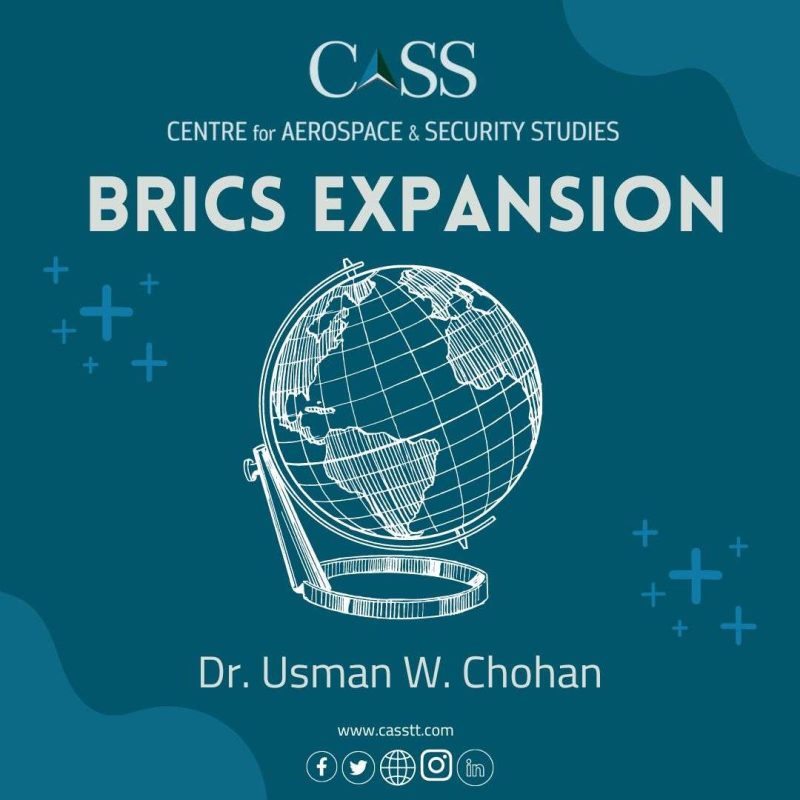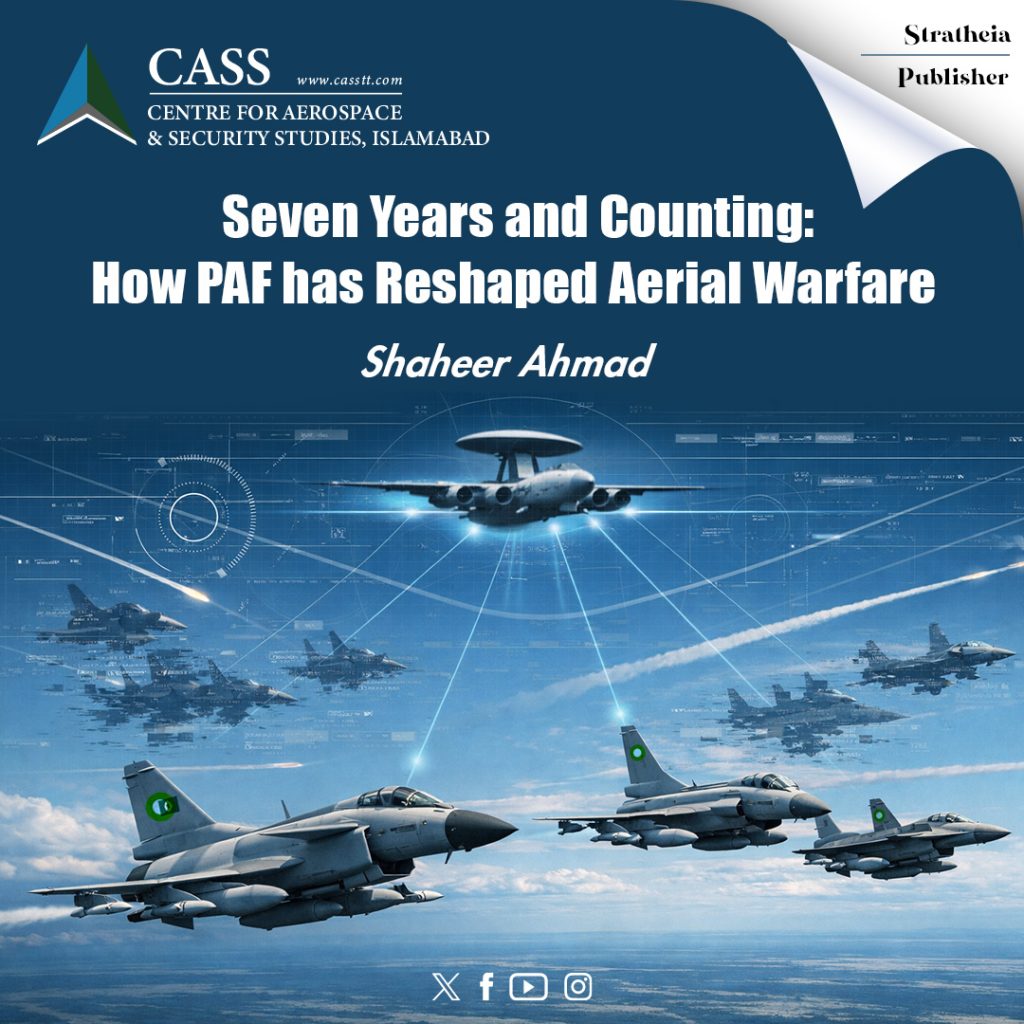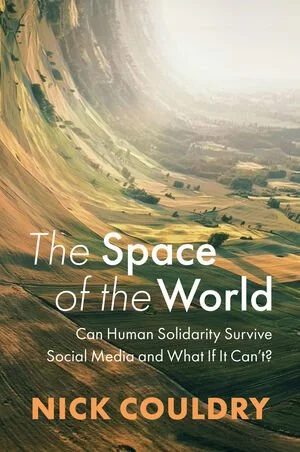The 15th BRICS summit in Johannesburg might stand out in the economic history of the developing world as something akin to the Bandung Conference of 1955. The summit earns this weight because of the explicit invitation to new members that was issued at the conclusion of the event, thereby delineating an expansion of the BRICS “bloc” to expand the economic participation of the developing world in a more coordinated and cooperative manner. At the end of the summit, Chairman Ramaphosa of South Africa listed six countries that would be invited with a view to their full membership in the BRICS+ by 2024: one from South America (Argentina), two from Africa (Ethiopia), and three from the Middle East (Saudi Arabia, the UAE, and Iran). These six countries differ markedly in their economic strength, stability, and growth trajectories; but the BRICS believe that these would be strong additions to the BRICS+ contingent, and perhaps with good reason.
The announcement of the BRICS+ expansion reflects an important real-world change in the global economy: today, the GDP of the five BRICS countries is likely (depending on estimates) to have slightly surpassed the G7, with both blocs accounting for roughly one-third of global GDP. The last time the ratio was such would have been more than 200 years ago. As I had published in a chapter five years ago, the global centre of economic gravity (CEG) was located in Asia (actually in Pakistan on a spherical projection), and then shifted over 500 years towards Iceland (first from the tug of European development, and then from North American development), only to have reversed course and begun a quick return to the historical centre of the past 2000 years. Of course, the BRICS would still trail the G7 on a per-capita GDP basis, but that is a reflection of the relative populations of both blocs, with the BRICS accounting for more than 42% of the world’s population. The US is the only G7 country to have a population in the world’s top largest demographics (Japan recently struck out), while China, India, Russia, and Brazil are all in the top ten.
It is important to remember, however, that various developing countries already enjoy some form of participation in BRICs-related mechanisms or fora. For example, Bangladesh, UAE, and Egypt are already part of the New Development Bank, a BRICs initiative. This is interesting because the BRICS itself does not have a formal headquarters, secretariat or treaty. But the explicit incorporation of new full-members in BRICS+ signals a different level of engagement. It also helps to mirror the size of the G7’s roster, which has Canada, France, Germany, Italy, Japan, the United Kingdom, and the United States, along with the European Union as “non-enumerated member.” But it is interesting to consider the strengths and weaknesses of each new member in light of the explicit expansion decision.
One must first acknowledge that all six countries have enormous economic potential and, if managed well, will all be robust motors of the global economy in the latter half of this century, as well as in the next one. Argentina was once one of the wealthiest nations in the world, especially during the golden age that included great leaders such as Mitre, Avellaneda, and Sarmiento; statesmen whose biographies I keenly studied while staying in Buenos Aires. Yet it is now in an economic situation that is worse than most developing countries, whether in terms of inflation, currency stability, IMF-dependency, pensions, or urban poverty. Egypt, cradle of one of the four axial age civilizations (along with China, Pakistan, and Iraq) is today victim to many different problems, but it can all be distilled to one disease: the greedy impunity of its army generals, and Egypt is not the only developing country to suffer from this malaise. Iran is a highly-literate, broadly cohesive, and resource-rich country, but it has suffered in the shackles of international sanctions since 1979, holding back its fuller development. Meanwhile, Ethiopia, with Addis Ababa as capital of the African Union, is now the world’s 12th largest country by population and a sleeping giant in its own right, but it still has structural challenges in its economy that are very significant.
Therefore, at least four out of the six new prospective members are less than ideal candidates. By contrast, the two candidates who would immediately bolster the BRICS+ model would be Saudi Arabia and UAE, given their economic dynamism, open economies, youthful demography, and progressive policies. In fact, it is somewhat strange to consider them “developing countries” in any sense, given the levels of prosperity that they have already attained. It reminds me of when, 15 years ago, I would study the MSCI developed markets indices and find that South Korea was still being omitted, implying that it might still be a developing country. The rapidity of global economic change is such that measurement indices often lose track of the fast-changing ground realities. After all, which of these cities is more developed: Shanghai or Detroit? Beijing or Birmingham? Brasilia or the Banlieues?
At the 15th BRICS Summit, Pakistan had some representation in the form of Senator Mushahid Hussain, a longstanding friend of CASS. We should certainly be a larger part of the conversation in the BRICS+, and we are certainly on generally good terms with the “B”, “R”, and “S”; while being an excellent iron brother with the “C”. But if Pakistan were to formally apply to join BRICs, it would face a certain hurdle. It is, unfortunately, the “I” that would be the problem, certainly when it comes to a “P”. But the much bigger problem is that, especially over the last 18 months, Pakistan has squandered so much valuable time, capital, and talent, which are three of the key variables in economic development.
Pakistan now comes to reflect all of the problems of Argentina, Ethiopia, Iran, and Egypt, in a single package. It has the economic instability, inflation, IMF, and currency problems of Argentina. It is a sleeping giant (of unrealized potential) with structural problems like Ethiopia, and it is distanced from the world economy like Iran (albeit not to the same degree). It understands the plight of Egypt all too well. So one may surmise that, if Pakistan had any one of the problem-profiles as these four countries, and didn’t have the mean-spirited “I,” it would be as strong a candidate as they were when it would apply. But it has the problem-profiles of all four put together. It therefore weakens its own case, before anyone can make the case for it. It cannot not, therefore, share in the triumph of the 15th BRICS summit.
Dr. Usman W. Chohan is Advisor (Economic Affairs and National Development) at the Centre for Aerospace & Security Studies, Islamabad, Pakistan. He can be reached at [email protected].





